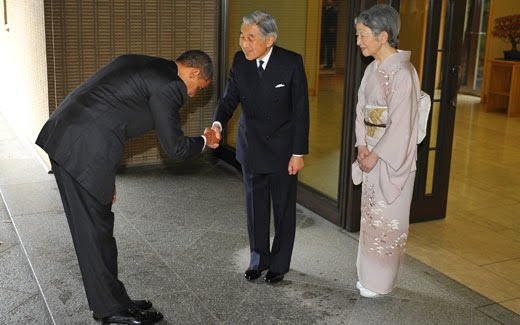
Tuskegee Airman Brigadier General Charles McGee is an Honorary Member of the First Flight Society.
#Ipicture of the flight suits that they tuskegee airman wore full
The Tuskegee Airmen’s achievements, together with the men and women who supported them, paved the way for full integration of the US military. They proved conclusively that African Americans could fly and maintain sophisticated combat aircraft. The Tuskegee Airmen overcame segregation and prejudice to become one of the most highly respected fighter groups of World War II. The Tuskegee program was then expanded and became the center for African-American aviation during World War II. The first Civilian Pilot Training Program students completed their instruction in May 1940. Tuskegee had the facilities, and engineering and technical instructors, as well as a climate for year round flying. The military selected Tuskegee Institute to train pilots because of its commitment to aeronautical training.

The Tuskegee Airmen included pilots, navigators, bombardiers, maintenance and support staff, instructors, and all the personnel who kept the planes in the air. Fleming from Jenkins, Kentucky, a waist gunner on the 427th BS. (1) Molesworth, England, 6 July 1943 S/Sgt William W. Parachutes 1943-1945 'Little Friends' Fighter Pilot Gear Tuskegee Airmen Dressing for a Mission. “Tuskegee Airmen” refers to all who were involved in the so-called “Tuskegee Experiment,” the Army Air Corps program to train African-Americans to fly and maintain combat aircraft. Flight Gear 1944-1945 / F-3 Heated Suit Headgear / Oxygen Masks / Boots Flak Vests / Helmets / Misc. Some airmen wore the electric suit over several sets of long underwear. They became known as the Tuskegee Airmen. suits The Army Air Arm developed its first crude electric heated flight suit. Civil rights organizations and the black press exerted pressure that resulted in the formation of an all African-American pursuit squadron based in Tuskegee, Alabama in 1941.

Before 1940, African Americans were barred from flying for the US military. They were denied military leadership roles and skilled training because many believed they lacked qualifications for combat duty. In spite of adversity and limited opportunities, African-Americans have played a significant role in US military history over the past 300 years.


 0 kommentar(er)
0 kommentar(er)
